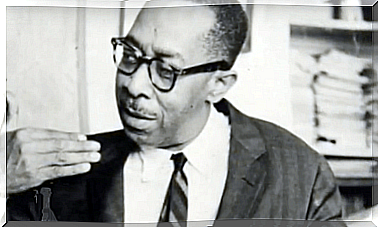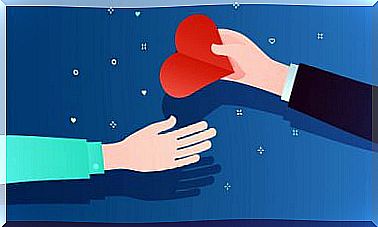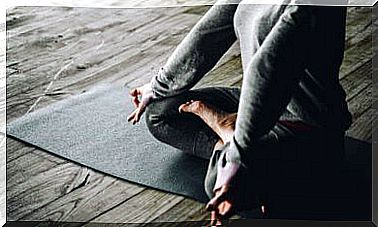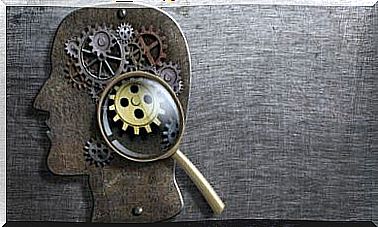Sport, How Does It Really Improve Our Psychological Life?
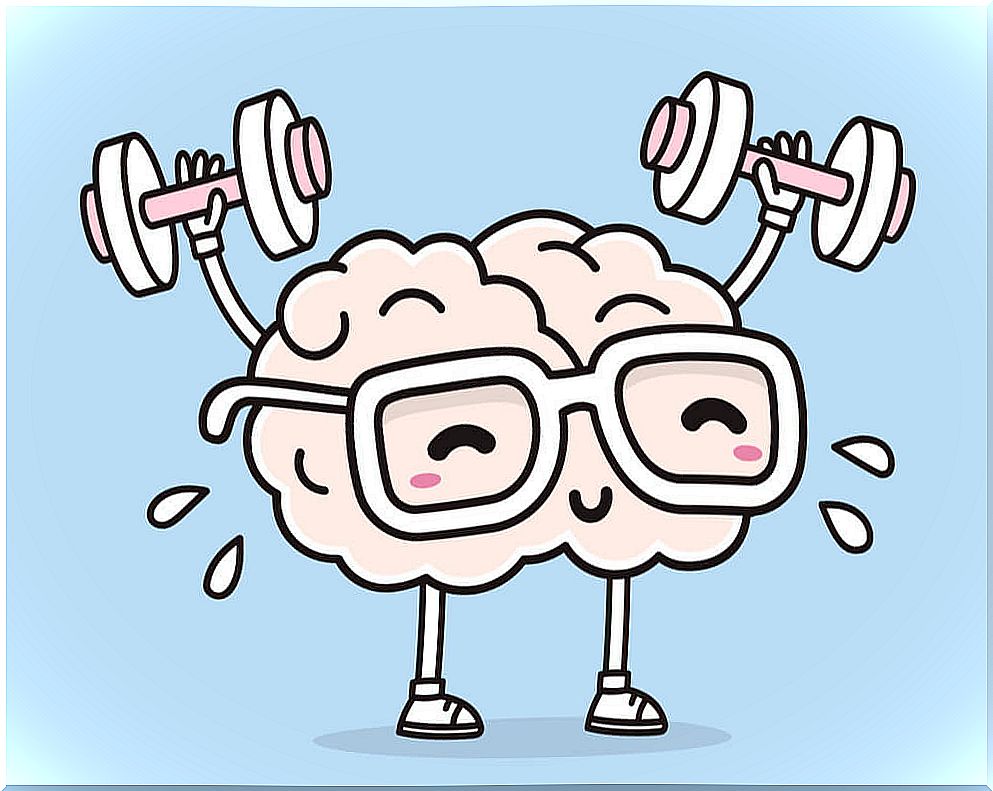
Many of the guides that seek to help us improve our lives, both physically and psychically, recommend a number of key guidelines. Strategies and ideas that are easy to expose, even to argue their value, but that are not so easy to implement in our daily lives. They demand that we change our routines, those that we tend to follow due to the inertia that we have created ourselves and that has been gaining strength by repetition.
Now, well, sport is recommended. But, what can it contribute to us on the mental plane? Why does it deserve a place in our agendas? What is valuable about it so that when we get home, instead of putting it in order, making food, resting or studying languages, we choose to play sports? We don’t feel like anything, it rains and it’s windy outside, there are many people in the gym and an artificial heat that we can’t get used to.
Well, in this article we are going to try to answer all these questions… and some more.
Sport takes care of the cells of our body
Well, our mind seems something abstract, that conductor that many times, in a conceptual way, we separate from the body, as if its base was not the same biological substrate. We even speak of physical fatigue and mental fatigue, as if each one was exercising on the one hand. When … this is not true.
When we exercise, a very curious phenomenon happens: the cells of our body become oxygenated. The metaphor is simple: when we do sports it is as if we ventilate the body, just as we do with our house every morning. The truth is that summer, this ventilating costs little. However, in winter the matter is different. We do not usually have a good time while the cold currents move freely through the living room and bedrooms. However, when this happens, how do we feel afterwards? Much better, right?
Well, with exercising something similar happens. There are days when our body seems to adore that sensation that our engine (heart) revs up – it would be like ventilating in summer – and others when it is very very lazy (we have worked more during the day, we have not rested as much as possible). enough or that week we have done more exercise; it would be like ventilating in winter). However, how do we feel afterwards? Much better, right?

Sport connects the body with the mind
We have already said that our cells of the nervous system usually, and if we go overboard, they appreciate that we give our body a little movement and we leave a few calories running, jumping, pedaling or walking a good time. Well, sport is also another advantage for us in that mind-body binomial. This advantage has to do with communication. It’s funny, but, for example, when we talk to a regular athlete who is momentarily injured and we ask him what he misses the most, he is likely to answer us: communication with his body.
If you haven’t been able to exercise for a week or two, you probably have a feeling that your body is no longer speaking to you or that it is only speaking in the language of pain. The information you receive from your body has been greatly impoverished. Thus, what we achieve when we do sports is that communication with our body improves, we do not need to hurt at all to know that we are with more or less energy. On the other hand, it is a feeling that is not easy to explain for those who lead a sedentary life and years without playing sports. They do not remember what it is like to feel communicated with their body and therefore they do not miss it.
However, enriching this communication is worth it …
Improve our social life and we save time for ourselves
Other mental advantages that sport brings us have two aspects. One of them is the social aspect. Whether it is an individual or team sport, it is easy for us to end up meeting people in a situation similar to ours. People of flesh and blood who are not behind a screen, who can motivate us, with sports or with other goals in our life and who will undoubtedly expand our social circle of support.
The other aspect of this advantage is defined by a fact: playing sports means spending time with ourselves. A time to reflect or simply to evade our worries. During that time we are not going to think that we do not get somewhere, that our food may burn or that some of our gestures may not please someone or damage our image. In this sense, sport is often an exercise in freedom, an update of our mental springs and an encounter with ourselves.
On the other hand, it is an act that is unlikely to generate mental discomfort. It is very difficult that doing sport we feel dissonance between who we are or would like to be and what we do. There are no threats, only challenges. The one to score a basket or run a little faster. The matter is simplified and our mind appreciates this release.

Sport, discipline, faith and emotions
An indirect benefit of sport is order and discipline. Maintaining the practice regularly generates in us a sense of constancy that makes us feel good. That of, “Well, hey, in reality I am capable of carrying out what I set out to do.” These types of messages will reinforce our self-esteem and will also help us with other purposes.
We see it in many people who have surrendered, we translate it from their words. They do not make plans because they do not have faith that they will fulfill them, so they live in a kind of anarchy full of reproaches because many of the decisions they make are random and the balances they build are very weak. Well, few activities are better than sport to gain confidence.
How many advantages right? Well, they are not finished. In addition, now it is time to point out one of the most important: emotional regulation. Sport helps us to spend in a positive way that surplus of energy that almost all of us have by actually ingesting more calories than we can use. Thus, a body with less need for activity will give us a greater margin to work with our emotions. Thus, for example, if we get angry it will be more difficult for us to jump or explode.
Sport, for example, has decreased our heart rate and our tension, so that we will need a greater stimulus to get to activate us as before. This greatly widens the margin we have to act, use the information of the emotion that we feel in an intelligent way and let it dissipate without its energy leading us to carry out behaviors that we later regret. In children, for example, sport also greatly favors self-control and contributes, well arranged in their schedule, to regulate rest.
With all these arguments, it makes you want to get to it, right?

